The “four traits” are quite simple and probably unbelievable, but please hear me out. Here’s the rundown:
- Train your people to be kind.
- Train your people to be honorable.
- Train your people to be fair.
- Train your peope to be honest and trustworthy.
These may seem to be no-brainers, but today aggressive sales doesn’t work like it used to and people push back. People are working too hard for the money they have.
I think Penske has a good thing going with its car dealerships. No gimmicks like “no negotiating” as some car dealerships do and then treating the customer as if they are doing them a favor.
As a psychologist, I am always interested in what makes people act the way they do in social and work situations.
At work, training and how supervisors use that training have a lot to do with the shaping of the company image.
I am usually prompted to write a training blog when I see evidence of training not taking, but this is the opposite. In fact, I would call it a best practice, especially for a large diverse transportation company such as Penske that owns many car dealerships in the United States and several overseas. Penske has other varied interests. It is by every definition a corporation.
Here’s how I discovered the fantastic “four”or five traits…
In Turnersville, New Jersey, there is an automobile mall consisting several brands including Acura, Cadillac, Nissan, Cheverolet, etc. These are huge dealerships in themselves co-located in one area. Other dealerships have sprung up nearby to take advantage of the advertising of the “Turnersville Auto Mall.”
 My wife and I were searching for a more economic car for to drive for work, but she fell in love with a used Saab covertible we discovered. I convinced her she was worth it so we pursued it. Here’s the rest of the story.
My wife and I were searching for a more economic car for to drive for work, but she fell in love with a used Saab covertible we discovered. I convinced her she was worth it so we pursued it. Here’s the rest of the story.
It is an in-house trainer’s dream. Each dealership receives the same training and it shows. The owner of all the dealerships: Penske. The training: corporate.
There did not appear to be animosity or competitiveness among the sales personnel of the several dealerships. It was the first time I had witnessed a car salesman who was not pressuring us to buy.
 I usually hate the high pressure sales I have felt doing this before and have been known to exit the minute I felt too much information was taken down before I could even look at a car. This was not one of those times.
I usually hate the high pressure sales I have felt doing this before and have been known to exit the minute I felt too much information was taken down before I could even look at a car. This was not one of those times.
Even the dealership as a whole seemed honorable. One car we were interested (in the Acura dealership lot), had been promised over the phone to a couple in Delaware and the dealership was giving them time to come in. That ethic is to be admired.
With that knowledge in hand, we went to another dealership or two, still in search of a used Saab convertible or something that impressed us as much. Later, when we returned to the Acura dealership, the used Saab convertible we had test driven earlier had indeed been purchased by the Delaware couple. We were disappointed, but there was another newer Saab convertible available to see at a bit higher price. We discovered that we actually liked it better.
All this time the salesman had not pressured us to explore beyond the price range we gave him until we asked, and only then did he show us what he had in a higher price range. When time came for negotiating the price, he took on the negotiating on himself to make it affordable to us. He didn’t know that later, as soon as we got what we considered a fair price, that we intended to pay it off in full, but then again we didn’t know we were purchasing a vehicle from a huge corporate conglomerate either…that is until we had a problem with Saab at home.
Now, we didn’t purchase the extended warranty and we had the car over a month so when the blinker started acting funny–blinking on its own, winking at other cars, I had to take it to the local Saab dealership. Turns out it needed a module replaced that cost more than $400. My wife immediately said, “But the dealership where we bought the Saab said it would pass inspection,” and I replied “maybe we should do that.” It doesn’t hurt to ask.
So, I cancelled the prepaid order with the Saab dealership and took it back to the Acura dealership where we bought it; after my wife had talked to them and it sounded like the dealership might actually honor that statement. We didn’t state the obvious: our state has stopped inspections, except for the exhaust system, but light blinking on its own was still a road hazard. The service manager called me into his office after talking with the general manager and warranty manager, and said the dealership would pay half.
Still, they had every reason to say, “No.” And that would be the end of it. We would have paid a little extra to take the risk–oh well. I started to think how we had been treated from the beginning: with great customer service and honorable treatment that only comes from great training.
From the salesman, the serviceman who wrote up the ticket, the sales manager, the warranty manager who offered the extended warranty we turned down, the service manager and the general manager–all seemed to be on the same page. The customers mattered–even when they could be wrong as we were. The dealership went above and beyond, but that means to me the Penske as company probably does the same with most of its customers.
I asked the service manager how the dealership was trained and he said all the dealerships were trained together and had the same training. That made a lot of sense for consistency sake.
In the end, I had been ready for the Acura dealership to say, “No.” They had every right, but instead, we split the cost, and I was given a loaner car and the dealership had my Saab driven back to the Saab dealership to be fixed. By the way, that loaner car: a beautiful 2012 Acura TL series.
had every right, but instead, we split the cost, and I was given a loaner car and the dealership had my Saab driven back to the Saab dealership to be fixed. By the way, that loaner car: a beautiful 2012 Acura TL series.
As a former commercial and theatre actor and professional speaker, training at the corporate level so teaching English, speech and theatre at the university level seemed logical and I have loved both. Today, I write mostly and have published four books: my best selling–The Cave Man Guide to Training and Development, a scary novel of the near future–Harry’s Reality, and two theatre books.

Jack I do performance and development. I belive that it may be easier to REWARD integrity than train for it. If we rewarded publically we could motivate others to work to win the same reward.
Carol. shouldn’t that be the way of the world? Unfortunately, we have to screen for it when we hire someone, we have to instill in our students, and yes, often the military is the best place to learn it. I spent time as enlisted in the Marines and as an Officer in the Air Force so I have nothing but respect. The USAF Academy, as do all the service academies, certainly place the honor code at the base of its education. It is a reward unto itself. Reward is always better than punishment, but we should not have to reward people for doing the right thing.